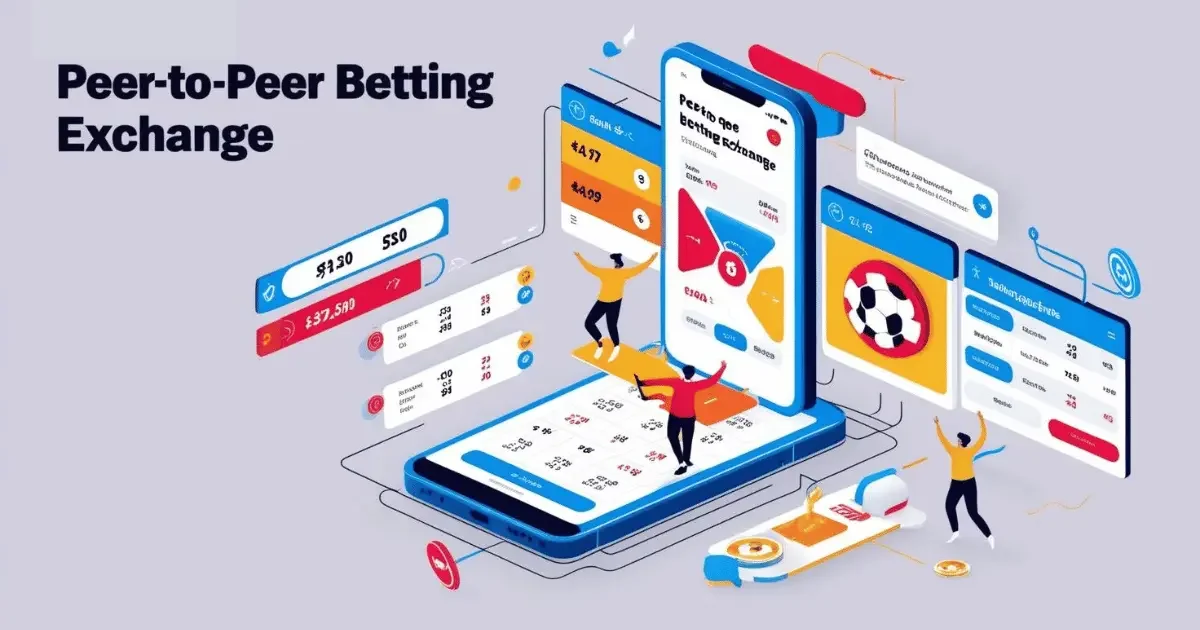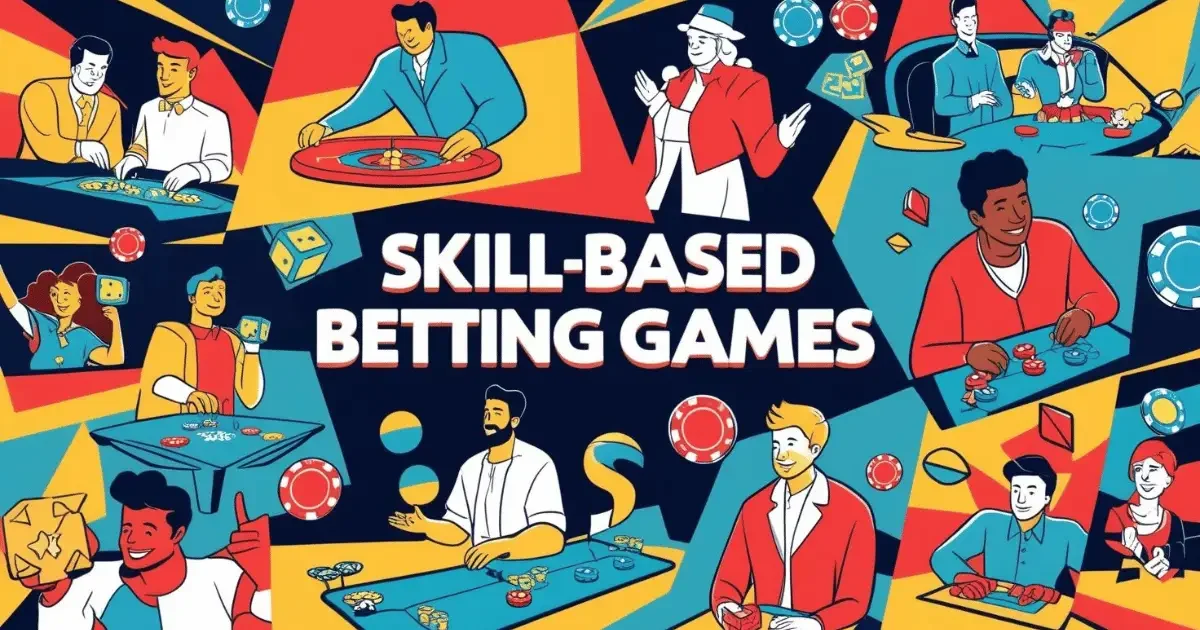A small initial deposit is usually required to place bets, making this a low-investment method but not a zero-cost one. Some users may also require time to research betting strategies before seeing profits.
Scalability is possible, as users can increase their betting volume. However, success is tied to liquidity in the exchange, meaning that large-scale earnings depend on finding enough counterparties.
P2P betting requires active participation—placing bets, monitoring odds, and managing risks. While automated strategies (such as lay betting) can reduce manual effort, true passive income is not achievable.
The demand for betting exchanges remains strong, especially among users who seek better odds than traditional sportsbooks. However, regulations and platform restrictions may affect market growth.
Since users are betting against each other, competition can be high, especially in popular markets. Skilled and experienced bettors often dominate, making it challenging for newcomers.
Users can earn quickly if they make successful bets, but losses are just as possible. Unlike guaranteed-income methods, P2P betting depends on market conditions and bet outcomes.
While the industry remains active, long-term earnings are not guaranteed. Market fluctuations, betting trends, and regulatory changes introduce instability.
P2P betting carries significant risks, including financial losses. Unsuccessful bets can quickly erode profits, making this an uncertain way to earn money consistently.
Anyone can start betting, but developing a successful strategy takes time. Early adopters and professional traders dominate the market, making it tough for beginners to gain an edge.
Betting exchanges are vulnerable to regulatory changes and market trends. Platform restrictions or government regulations could impact accessibility and earning potential.
Availability depends on the platform and local laws. Some countries ban betting exchanges, limiting participation for users in restricted regions.
Basic betting knowledge is necessary, but long-term success requires advanced skills in odds trading, risk assessment, and betting strategies.
Most platforms offer fast withdrawals, but processing times and fees vary. Some methods may have limitations depending on the user’s location.
Profits depend on market knowledge and luck. Unlike predictable income sources, betting outcomes are uncertain, requiring effort and strategy to sustain earnings.


